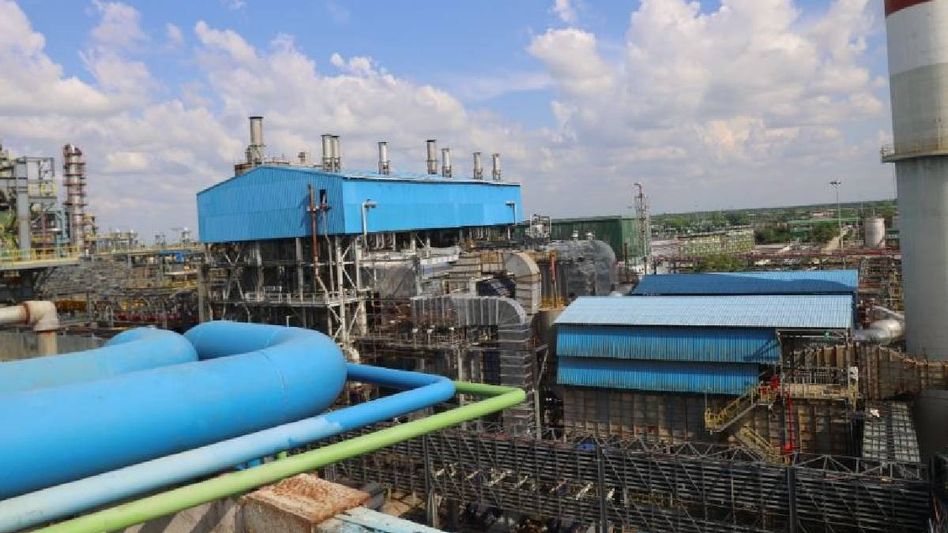India’s first and largest bio-refinery completed in Assam's Golaghat, PM Modi to inaugurate soon
The country’s first and largest bio-refinery project, located in Numaligarh, Golaghat, has been completed and is now awaiting formal inauguration by Prime Minister Narendra Modi in September. Built under the Ministry of Petroleum and Natural Gas, the Assam Bio-Refinery Project marks a milestone addition to the Numaligarh Refinery Limited (NRL), which itself was established as part of the historic Assam Accord.

- India's first bamboo bio-refinery spans 34 acres in Numaligarh
- Project uses 5 lakh tonnes of bamboo annually from Northeast farmers
- Generates 49,000 tonnes ethanol and 25 MW power yearly
The country’s first and largest bio-refinery project, located in Numaligarh, Golaghat, has been completed and is now awaiting formal inauguration by Prime Minister Narendra Modi in September. Built under the Ministry of Petroleum and Natural Gas, the Assam Bio-Refinery Project marks a milestone addition to the Numaligarh Refinery Limited (NRL), which itself was established as part of the historic Assam Accord.
Spread across 34 acres and constructed at an investment of ₹4,000 crore, the project had its foundation stone laid by PM Modi on February 9, 2019. After years of dedicated effort, the refinery is now ready to begin operations.
The refinery will consume around five lakh tonnes of bamboo annually, sourced directly from farmers across the Northeast, to produce:
Ethanol: 49,000 metric tonnes per year
Furfural: 19,000 metric tonnes per year
Acetic Acid: 11,000 metric tonnes per year
Liquid CO₂: 32,000 metric tonnes per year
Power Generation: 25 MW annually
Officials estimate the project will pump over ₹200 crore annually into the rural economy, benefitting bamboo cultivators, suppliers, and transporters. In its first phase, it is set to engage nearly 30,000 farmers and provide livelihood opportunities for 3,500 unemployed youth through supply chains and ancillary services.
Beyond its economic impact, the bio-refinery is expected to reduce India’s crude oil imports while driving cleaner, more sustainable energy solutions. Officials emphasized that the project will position Assam as a hub for green energy while simultaneously revitalizing the rural economy.
With inauguration on the horizon, Golaghat is poised to emerge as the epicentre of India’s renewable energy revolution.
Copyright©2025 Living Media India Limited. For reprint rights: Syndications Today









